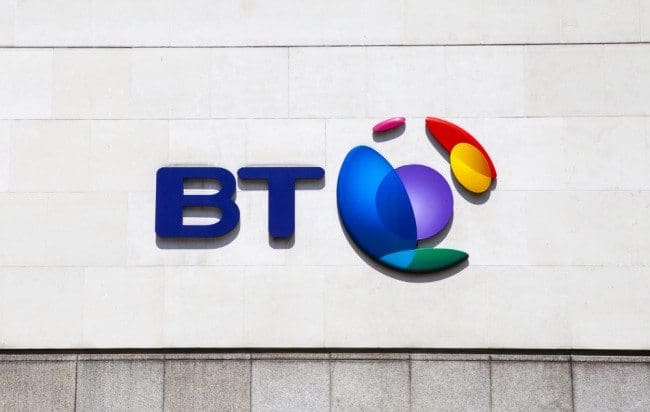It has proposed that all its British customers receive a minimum speed of five to ten megabits per second and that ten million homes be connected to “ultra fast” speeds that are four times quicker than the present maximum, reports The Times.
It also promised to improve its engineering amid fierce criticism from rivals that rely on its network. Part of the proposal is to allow customers waiting for an engineer to track their progress.
The commitment to address broadband failings, with a particular focus on rural areas, comes as the industry debates the structure of BT and its ownership of Openreach, the division that all telecoms companies rely on to connect to residential customers.
Ofcom is reviewing the structure of the market for the first time in a decade and could recommend that BT be broken up, with TalkTalk, Sky and Vodafone all arguing that competition and customer service would be improved if Openreach operated as an independent company.
BT’s pledges to up the ante are a clear signal to Ofcom that Openreach benefits from being part of the larger group. It previously has promised to cut off investment in ultrafast broadband, which is still at the trial stage, if the company is broken up.
The promise to provide a big increase in universal speeds came with a substantial caveat, however, that it was “subject to regulatory support”. The telecoms company has said that its push to upgrade networks to fibre-optic cables has been hampered by planning laws in the past.
Rivals saw little in BT’s promises to convince them to stop calling for a split. Sky said that BT has under-invested in its network for years and argued that the new strategy was one of “calculated manoeuvring and caveats” to protect its own interests.
Baroness Harding of Winscombe, the chief executive of TalkTalk, said that only the threat of a split had forced BT into making “modest concessions”. She said: “It’s entirely proper that Openreach is innovating and investing, but it’s far likelier to go further, faster as an independent player in a competitive market than as a hostage to a large corporate more interested in profit than progress.”


